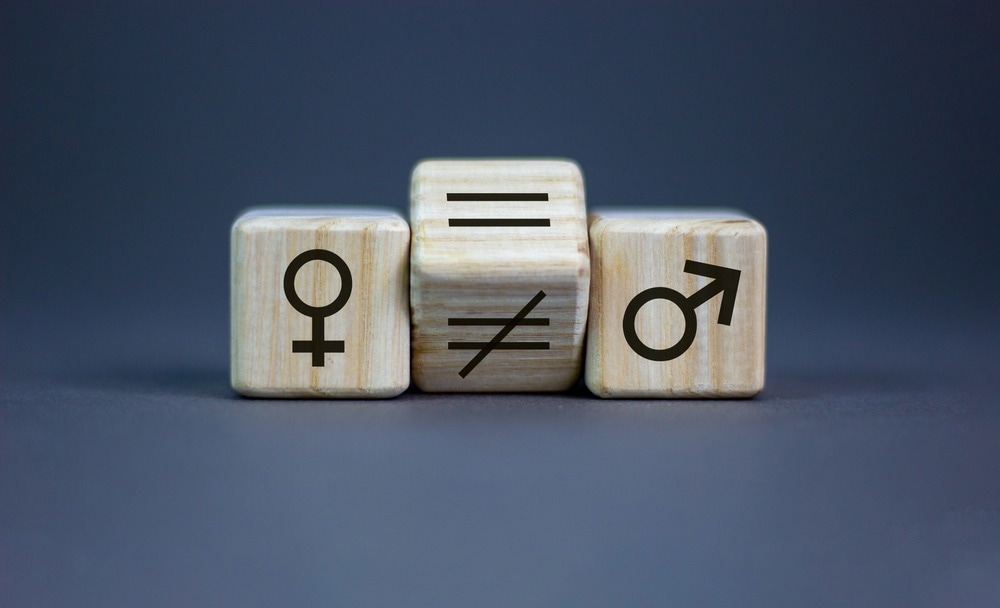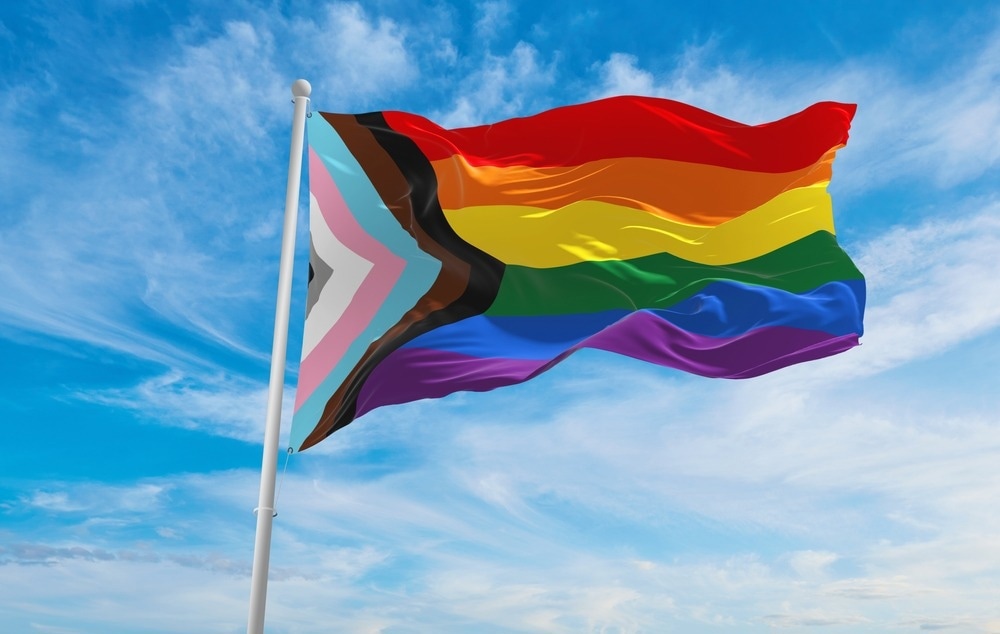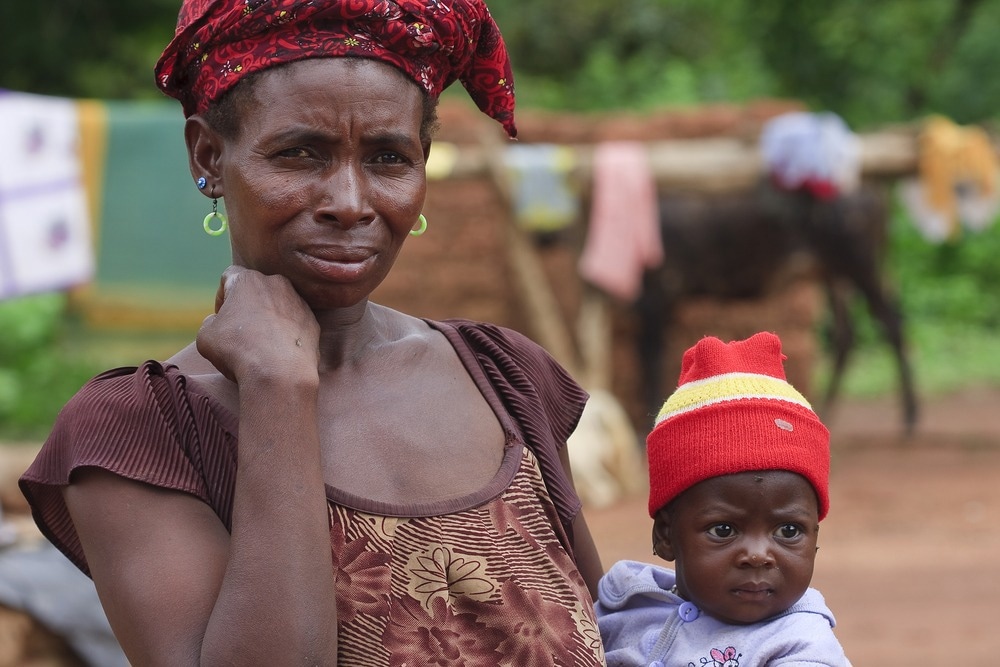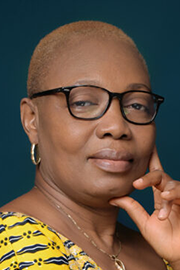In this interview we speak to Ms. Anita Kouvahey-Eklu, a recent Heroines of Health award winner, about her work in addressing gender inequalities within healthcare.
Please can you introduce yourself and tell us what inspired your career in women's health?
My name is Anita Kouvahey-Eklu, and I'm a medical provider, advocate, and activist for LGBTQIA+ and women's rights. I started my career as a physician's assistant over 20 years ago at a health center in Kouvé, located in the Yoto district in Togo. This is where I first started delivering reproductive health and HIV/AIDs care.
I have been fighting for reproductive justice and against HIV ever since. I aim to empower women to make their own decisions about their health, ensuring that no women die while giving birth.
Women currently account for 70% of the health workforce globally but are often left out of decision-making, demonstrating that women deliver health, but do not lead it. As a woman in health, what are some of the biggest challenges women currently face when starting a career in health?
In Togo, women are not allowed to make their own decisions about their bodies or health. They can only act upon their husbands' approval. In this context, it is extremely difficult for women even to consider starting a career in health.
I launched a reproductive health program deploying the very first female Community Health Workers in remote areas of Togo. When they first start working in their communities, we know they face strong gender bias and skepticism that women cannot do this kind of work. But after some time, the community realizes how big of an asset they are and how efficient they are.
At Integrate Health, we emphasize the recruitment of women as Community Health Workers to provide them with the opportunity to enter this field. These women, as they walk around in their neighborhood, are the symbol and proof that women can work in health. They contribute to breaking the patriarchal structures and other women that they can take back agency over their own health.

Image Credit:
How will the recognization of gender inequalities in the health workforce help to improve global health security?
Health is an inalienable right that should not be linked to gender. Unfortunately, in our countries, access to quality health care for women is not given and remains a real challenge. The most visible impact of this inequality is the high maternal mortality rate, which is often not regarded with as much importance as it should be.
It is up to civil society organizations that are aware of this inequality to support governments by advocating for the implementation of targeted strategies. Only then can global health security improve.
You recently received a Heroine of Health Award by Women in Global Health for your contributions and achievements. Please can you tell us about the work you are involved with that led to this award?
After my experience at the health center in Kouvé, I launched a reproductive health program deploying women as Community Health Workers in remote areas of Togo to deliver community-based distribution of contraception, HIV screening, and treatment. Programs like these decreased the HIV prevalence in Togo to 1.9%.
Today, I'm working with the Ministry of Health to help them achieve Universal Health Coverage goals. Additionally, I train police officers about abortions so they can inform and support women, support the rollout of sex education programming in schools across the country, and advise several LGBTQIA+ organizations working throughout West Africa in my free time.
Heroines of Health 2022: Leading Change
What does this award mean to you?
A lot. First of all, it shows recognition to all women who work in the shadows for the well-being of families. Secondly, it brings attention to the fact that we must do better as long as we have the strength and tenacity to keep going. It also recognizes the efforts of many years of sacrifices and fights. Finally, it is a great inspiration. It reminds us that somewhere, someone is laughing and happy about having access to free healthcare. Our fight makes the world a better place.
These awards have been set out to highlight incredible women who are the backbone of global health systems but are traditionally unrecognized. As an advocate for equality, how important is it to showcase all the incredible women that work to make the world a better place, and what more should governments and policymakers be doing to support women in health?
In my opinion, it's not about shedding light on the person, but on her incredible work and achievements. This is what people should be amazed about. Reaching out to a fellow human being in a situation of illness is to value the human person. To smile at a person in a situation of distress, discrimination or stigmatization is to remake the world with the forgotten values of generosity, active listening, and empathy.
Governments must rewrite programs to integrate the notion of gender, promote women's access to education and give them more responsibility and the opportunity to participate in decision-making fully.
You have been championing LGBTQIA+ rights, women's rights, and Universal Health Coverage for over 20 years. How important was it to you to raise awareness for equal rights, and what role does education play in accelerating equality?
It's crucial to provide information and education about gender, sexuality, diversity, inclusion, confidence, acceptance, and self-esteem from a young age. Through this education, when these young people grow up, they understand the importance of self-care and making their own health decisions. They are more likely to seek appropriate care when they need it. But they also become more empathetic and accepting individuals, leading to more equality.
At the same time, I've seen many people from the LGBTQIA+ communities struggling with discrimination and being rejected. That rejection not only comes from the outside, from society but also from the inside. They do not accept who they are. It's very difficult to understand what they are going through and what puts them more at risk from a health and economic perspective. That's why they need support, and that's why I'm involved in several organizations across the region. We try to support them in reaching health and economic independence. I was recently in Burkina Faso to organize a large 'university' with different educational modules for exactly that purpose.

Image Credit: Maxim Studio/Shutterstock.com
Throughout your career, what has been your proudest achievement?
During my career, I encountered a lot of suffering. In general, women bear the high cost of that suffering; sometimes, they open up and let it show. What I am most proud of having succeeded in setting up a unit for the care of people living with HIV with the Togolese Association for Family Welfare, an organization dedicated to infected women called "Association Sauvons le Monde."
In fact, in 2003, when I started fighting against HIV, it was very difficult to tell a person what they were suffering from after a test. The road was tumultuous, but now, when I meet someone we tested back in 2003 who is alive and well thanks to the collaboration of a multidisciplinary and supportive team, I say bravo, we did it!!!!
Are you hopeful that with continued awareness and support for women in health, we will one day see these women taking on higher, better-paid roles? What would this mean for global equality?
Yes, things must and will change. It is the law of nature, a wheel that turns. Perceptions are now changing. The woman of yesterday, perceived as the inferior being, now is a partner for action and development. This must be further incorporated into laws to guarantee women's rights. And actions must be taken to allow women to assert themselves and empower them to take their destiny into their own hands.
How will the improvement of awareness surrounding women in health subsequently impact younger generations of women? Why is it important to inspire young women to start a career in health?
Our countries are still marked with high rates of infant mortality. This challenge calls for a greater contribution from midwives and community health workers. The younger generations of women have their place in tackling this challenge.

Image Credit: Hector Conesa/Shutterstock.com
What is next for you and your work?
Continue the fight for universal access to quality care through my daily work at Integrate Health. To share my experiences with younger generations and to advise civil society organizations working in the field of social justice to focus on minority programs.
Where can readers find more information?
About Ms. Anita Kouvahey-Eklu
Mrs. Anita KOUVAHEY-EKLU holds a diploma of Superior Health Technician with a medical option. She spent 23 years as a medical provider and then as a manager of programs and community projects at the Togolese Association for Family Welfare (ATBEF). In her position, she was able to set up an HIV unit and an efficient program for the provision of contraceptive services, including the injection of DMPA-IM and DMPA-SC by CHWs.
Recently she joined Integrate Health as Deputy Country Director, where she participates in the Partnership's Community-Based Health Systems Strengthening program with different strategies.